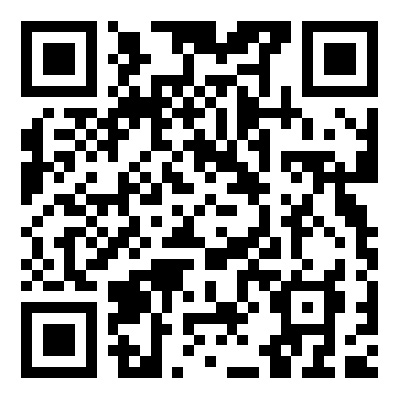ATCHIP RFID Technology and Solution Provider

Smart healthcare
RFID technology makes medical management and services more efficient, accurate and secure. By implanting RFID tags on patients' wristbands, drug packaging and medical equipment, hospitals can achieve precise management of patients' identities, treatment records, drug usage and medical devices. RFID technology provides real-time data support for patients and medical staff, thereby reducing human errors and improving the quality and efficiency of treatment. In addition, RFID has significantly enhanced the management capabilities of hospitals in areas such as drug tracking, prevention of mixed use, and positioning of key medical equipment, providing strong support for the construction of an intelligent medical system.
Application section
Patient identity recognition and location management
By using RFID tags on patients' wristbands, hospitals can quickly and accurately identify patients' identities, ensuring that patient information can be verified before each treatment or medication, thus preventing misdiagnosis and misuse of drugs. Meanwhile, RFID tags help to track patients' movements in real time, especially after surgery or in intensive care units. This is particularly important for patients who need to be tracked at any time, ensuring that medical staff can always keep track of the patients' dynamic conditions.
Drug tracking and anti-counterfeiting
RFID technology plays a significant role in drug management. By attaching RFID tags to drug packaging, hospitals can track the batch, inventory and expiration date of drugs, ensure timely replenishment of inventory and prevent drug expiration. In addition, RFID tags can also prevent counterfeiting. Patients and medical staff can use RFID devices to verify the authenticity of drugs and track their sources, thereby preventing counterfeit and substandard drugs from entering the medical system and improving the safety of drug use.
Medical equipment management and maintenance
Medical equipment is frequently allocated and used within hospitals, especially important diagnostic and therapeutic devices. RFID tags can help hospitals track equipment in real time, quickly locate the storage positions of the equipment, and avoid the time spent looking for the equipment. Meanwhile, RFID can also record the usage frequency and maintenance schedule of equipment, helping hospitals to rationally arrange maintenance, reduce equipment failure rates and management costs, and ensure the smoothness of medical processes.
Medical record management is synchronized with information
Medical staff can automatically identify and review patients' medical records through the RFID system. After installing RFID tags on medical records, doctors or nurses only need to scan with the device to quickly obtain the patient's diagnosis and treatment records and the latest condition, effectively avoiding the problems of time-consuming search and untimely data update in traditional paper medical records. RFID technology supports real-time synchronization of medical records, enhancing the security and accuracy of patient data and facilitating comprehensive health management for patients by medical staff.
Management of surgical instruments and consumables
RFID technology can play a significant role in the management of surgical instruments and consumables, monitoring the usage, inventory quantity and count of surgical instruments through RFID tags. RFID automatically records the entry and exit of surgical instruments, helping to prevent the loss or forgetting to take them out after surgery. At the same time, it automatically reminds of the consumables that need to be replenished, effectively ensuring the safe use of surgical instruments and improving the quality and efficiency of surgeries.

Email: sales@atchip.com.cn
Address: No. 58, Lane 77, Petrochemical Jinyi East Road, Jinshan District, Shanghai


